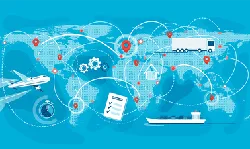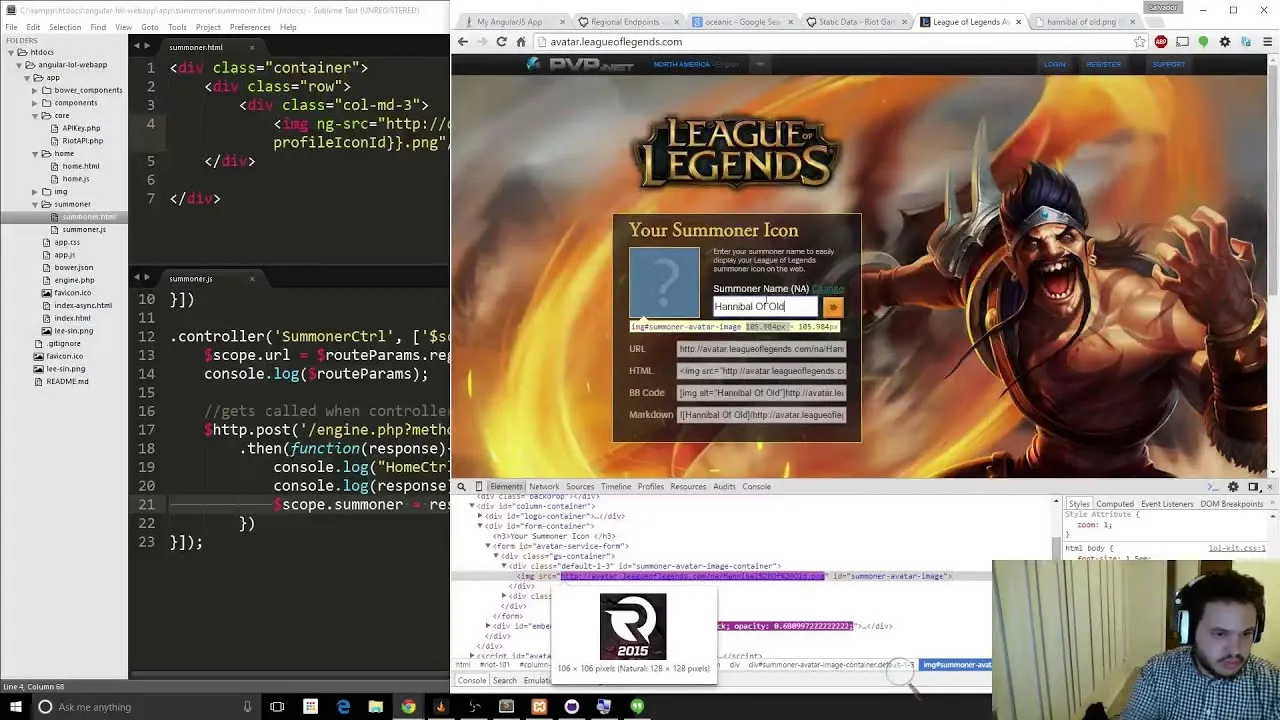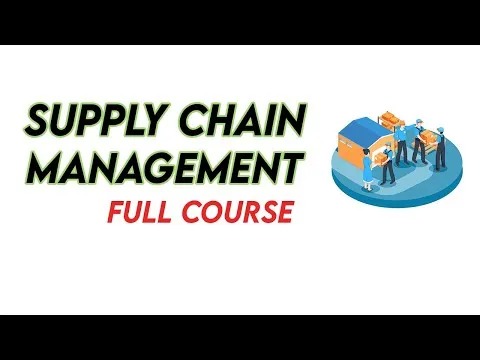
An Introduction to Data-Driven Supply Chain Resilience Management 
This course provides an introduction to data-driven supply chain resilience management. It examines the vulnerabilities of globalized, off-shored and just-in-time supply chains, which have been exposed to unprecedented shocks such as COVID-19 and climate change. It also looks at the costs of the "chip-crisis" to the automotive industry, and how data-driven approaches can help to build more resilient supply chains. ▼
ADVERTISEMENT
Course Feature
![]() Cost:
Cost:
Free
![]() Provider:
Provider:
Edx
![]() Certificate:
Certificate:
Paid Certification
![]() Language:
Language:
English
![]() Start Date:
Start Date:
Self paced
Course Overview
❗The content presented here is sourced directly from Edx platform. For comprehensive course details, including enrollment information, simply click on the 'Go to class' link on our website.
Updated in [March 06th, 2023]
This course provides an introduction to data-driven supply chain resilience management. Students and practitioners will gain an understanding of the theoretical background of supply chain resilience, as well as practical measures to prepare their companies for supply chain disruptions. The course will cover data-driven or AI-based concepts for supply chain resilience management, and discuss how these concepts can be applied to global supply chains. Additionally, the course will explore the impact of globalization, off-shoring, and the just in time paradigm on supply chain resilience, and how these concepts can be used to mitigate the effects of supply chain disruptions. Finally, the course will discuss the effects of COVID-19 and climate change on supply chain resilience, and how to best prepare for these disruptions.
[Applications]
Those who have completed this course can apply their knowledge to develop strategies for their organizations to become more resilient to supply chain disruptions. They can use data-driven or AI-based concepts to identify potential risks and develop strategies to mitigate them. Additionally, they can use the concepts to develop strategies to increase the agility of their supply chains and to better respond to disruptions. Finally, they can use the concepts to develop strategies to increase the visibility of their supply chains and to better monitor and manage them.
[Career Paths]
1. Supply Chain Resilience Manager: Supply Chain Resilience Managers are responsible for developing and implementing strategies to ensure the resilience of their organization's supply chain. They must be able to identify potential risks and develop plans to mitigate them. They must also be able to analyze data to identify trends and develop strategies to improve supply chain performance. As the global economy continues to become more interconnected, the demand for Supply Chain Resilience Managers is expected to increase.
2. Supply Chain Risk Analyst: Supply Chain Risk Analysts are responsible for identifying and assessing potential risks to the supply chain. They must be able to analyze data to identify trends and develop strategies to mitigate risks. They must also be able to develop plans to respond to disruptions and ensure the continuity of operations. As the global economy continues to become more interconnected, the demand for Supply Chain Risk Analysts is expected to increase.
3. Supply Chain Data Scientist: Supply Chain Data Scientists are responsible for analyzing data to identify trends and develop strategies to improve supply chain performance. They must be able to use data-driven or AI-based concepts to identify potential risks and develop plans to mitigate them. As the global economy continues to become more interconnected, the demand for Supply Chain Data Scientists is expected to increase.
4. Supply Chain Automation Engineer: Supply Chain Automation Engineers are responsible for developing and implementing automation solutions to improve supply chain performance. They must be able to analyze data to identify trends and develop strategies to automate processes. They must also be able to develop plans to respond to disruptions and ensure the continuity of operations. As the global economy continues to become more interconnected, the demand for Supply Chain Automation Engineers is expected to increase.
[Education Paths]
1. Bachelor of Science in Supply Chain Management: This degree path provides students with a comprehensive understanding of the principles and practices of supply chain management. Students learn about the fundamentals of supply chain management, including inventory management, logistics, and operations management. They also gain an understanding of the latest trends in supply chain management, such as data-driven supply chain resilience management, and how to apply them in the real world.
2. Master of Science in Supply Chain and Logistics: This degree path provides students with an in-depth understanding of the principles and practices of supply chain and logistics management. Students learn about the fundamentals of supply chain and logistics management, including inventory management, logistics, and operations management. They also gain an understanding of the latest trends in supply chain and logistics management, such as data-driven supply chain resilience management, and how to apply them in the real world.
3. Master of Business Administration in Supply Chain Management: This degree path provides students with a comprehensive understanding of the principles and practices of supply chain management. Students learn about the fundamentals of supply chain management, including inventory management, logistics, and operations management. They also gain an understanding of the latest trends in supply chain management, such as data-driven supply chain resilience management, and how to apply them in the real world.
4. Doctor of Philosophy in Supply Chain Management: This degree path provides students with an in-depth understanding of the principles and practices of supply chain management. Students learn about the fundamentals of supply chain management, including inventory management, logistics, and operations management. They also gain an understanding of the latest trends in supply chain management, such as data-driven supply chain resilience management, and how to apply them in the real world. Additionally, students learn about the latest research and development in the field of supply chain management, such as the use of artificial intelligence and machine learning to improve supply chain resilience.
Course Provider

Provider Edx's Stats at AZClass
Discussion and Reviews
0.0 (Based on 0 reviews)
Explore Similar Online Courses

Supply Chain Dynamics

Riot API Tutorial Part 2

Python for Informatics: Exploring Information

Social Network Analysis

Introduction to Systematic Review and Meta-Analysis

The Analytics Edge

DCO042 - Python For Informatics

Causal Diagrams: Draw Your Assumptions Before Your Conclusions

Whole genome sequencing of bacterial genomes - tools and applications

MIT Free Supply Chain Management Courses

What Are Good Supply Chain Certifications?


Start your review of An Introduction to Data-Driven Supply Chain Resilience Management